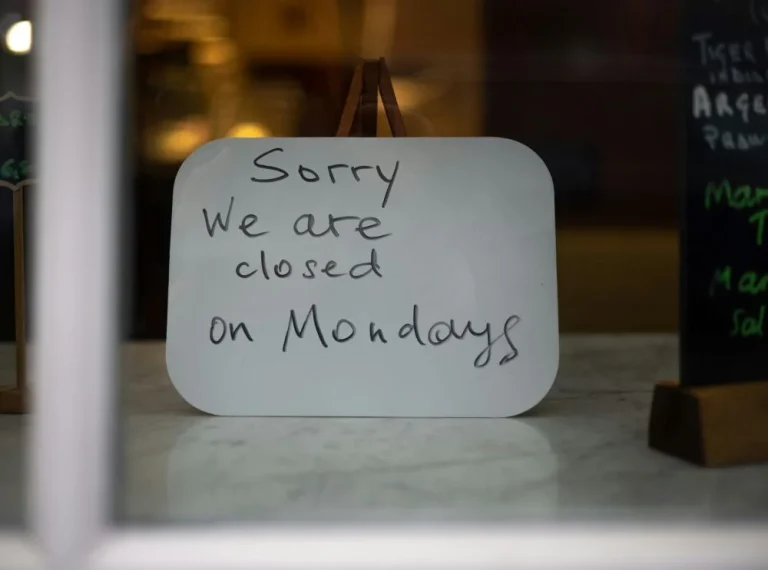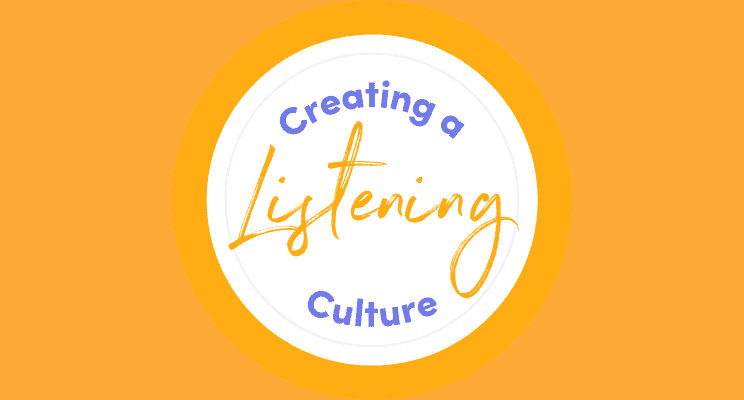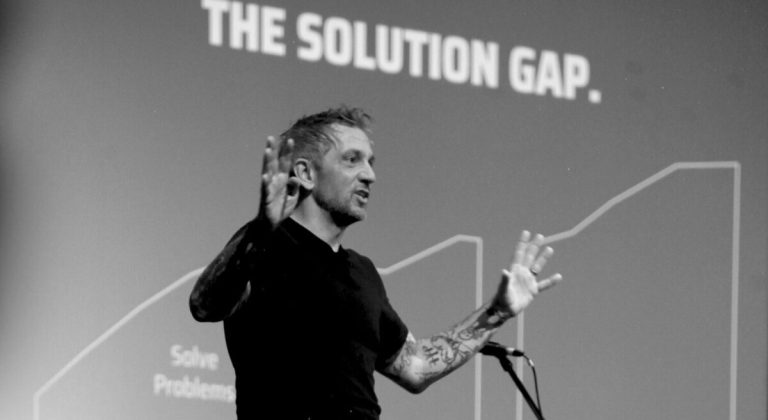- Author: Lucy Bloom
- Word Count: 499
Read the news article
Generosity is an interesting beast. As a charity CEO, I have seen it expressed in many different ways. The best kind of generosity comes with warmth and good old NSA – no strings attached. This kind of generosity is glorious to witness and is the backbone of charity work all over the world. The worst kind smacks you over the head with their husband’s cheque book.
I wrote a whole chapter about kindness and another on charity in my latest book, but I have continued to wonder about the ‘why’ of generosity. Why do some people give with nothing expected in return, even when they don’t have much themselves? Why do others use it to wield control and command kudos?
So I do what I always do when I don’t understand why people behave the way they do and I consult the neuroscientific research.
The origins of human generosity go back to when knuckle-draggers evolved into hunter-gatherers. Survival of the species relied on a herd mentality of care where older, fitter humans helped younger, slower, cuter ones. Those who didn’t participate in sharing or self-sacrifice for the herd were removed by natural selection. I wish stingy bastards in 2019 were the same: removed by natural selection.
Nature and nurture
According to science, humans are a combination of nature and nurture when it comes to generosity. The brain rewards you with a shot of feel-good dopamine when you are generous. That delicious hormone literally sizzles through your bloodstream when you take your imaginary generosity gland for a whirl. It is a biological boomerang: give to someone who needs it and the joy will bounce right back at you as a warm fuzzy feeling of reward and delight.
Humans employ two things when they are assessing whether to be generous: logic and empathy. The distraction of the decision-making part of the brain causes people to be more generous. Logic introduces an assessment of benefit and loss for giver and receiver. If the giver sees they can make a difference to the receiver without any significant loss to themselves, we have a winner in the logical generosity department!
Why so stingy?
So what makes a stingy bastard? Or worse, someone who is generous for all the wrong reasons. It seems to be the work of the nature/nurture/values trifecta. All three of which are done and dusted by the time humans are young adults. Meet an older person who lacks generosity and you really can’t convince them to repave their neural tendencies and nurtured behaviours with values of generosity and welfare. Unless you can appeal to their ego.
If you are born with less neural empathy (nature) than the next guy, you will be less likely to give. But that part of your brain is not fully developed until humans are 30. This explains why teenagers can be such breathtakingly selfish creatures. Teen brains lack neural empathy.
Article written by LUCY BLOOM and subscribe to our Podcast Channel
Further articles you may enjoy:
- (5)
Thanksgiving 2024, celebrated annually on the fourth Thursday of November, is a cherished American holiday that brings families and friends together to express gratitude and share a bountiful meal. Its origins trace back to 1621, when the Plymouth colonists and the Wampanoag people shared an autumn harvest feast, marking one of the earliest instances of […]
- November 28, 2024
- (1)
If you’ve ever seen expectant parents in a baby shop, you’d know that pregnancy is a life stage that usually triggers an avalanche of consumerism and to find Pink Sheets. I (thankfully) never tallied what I spent during my pregnancy, I just know that becoming a mum, while filling my heart, has drained my wallet […]
- January 16, 2023
- (10)
The Cost of Neglecting Customer Experience in today’s competitive events industry, customer experience (CX) has emerged as a defining element of success. Event planners and bookers are no longer evaluated solely on logistics or creativity; instead, they are judged by the overall experience they provide—from the first point of contact to the post-event follow-up. Neglecting […]
- April 23, 2025
- (10)
Over the last four weeks, I’ve elaborated on what I call the Closing the Loop. You can find the articles here. This consists of: Step 1: Recognizing the Unsaid – Unspoken things in your culture’s organization to recognize that your people aren’t telling their entire truth. Step 2: Seeking to Understand – Leaning in to […]
- December 20, 2022
- (6)
Rich Mulholland: A Beacon of Sales, Leadership, and Innovation In the rapidly evolving landscape of business and leadership, few figures stand out quite like Rich Mulholland. As the founder of Missing Link, a company renowned for its transformative approach to presentations and communication, Rich has become a leading authority on sales, leadership, and innovation. His […]
- August 21, 2024
- (31)
Do you have to be a manager or executive to Being A Leader? No! Leading others is a choice. It isn’t about your title. Many people with executive titles are terrible leaders, and many people without a fancy title are outstanding leaders. More than your title, being a leader is about influencing change and inspiring […]
- December 13, 2022
- (20)
The Power of Motivational Sales Speakers: Keynote Themes, Takeaways, and Audience Impact In the fast-paced world of business, sales professionals face constant challenges that demand not only skill but also a resilient mindset. Motivational sales speakers play a critical role in empowering these professionals, providing the inspiration, tools, and strategies needed to achieve success. Whether […]
- August 14, 2024
- (50)
Kanya Sesser’s life story is a testament to No Legs No Limits and the power of resilience, determination, and self-belief. Born without legs and left outside a Buddhist temple in Pak Chong, Thailand, her journey from abandonment to becoming a celebrated athlete, model, and actress is nothing short of extraordinary. Early Life and Adoption In […]
- April 2, 2025
No results available











